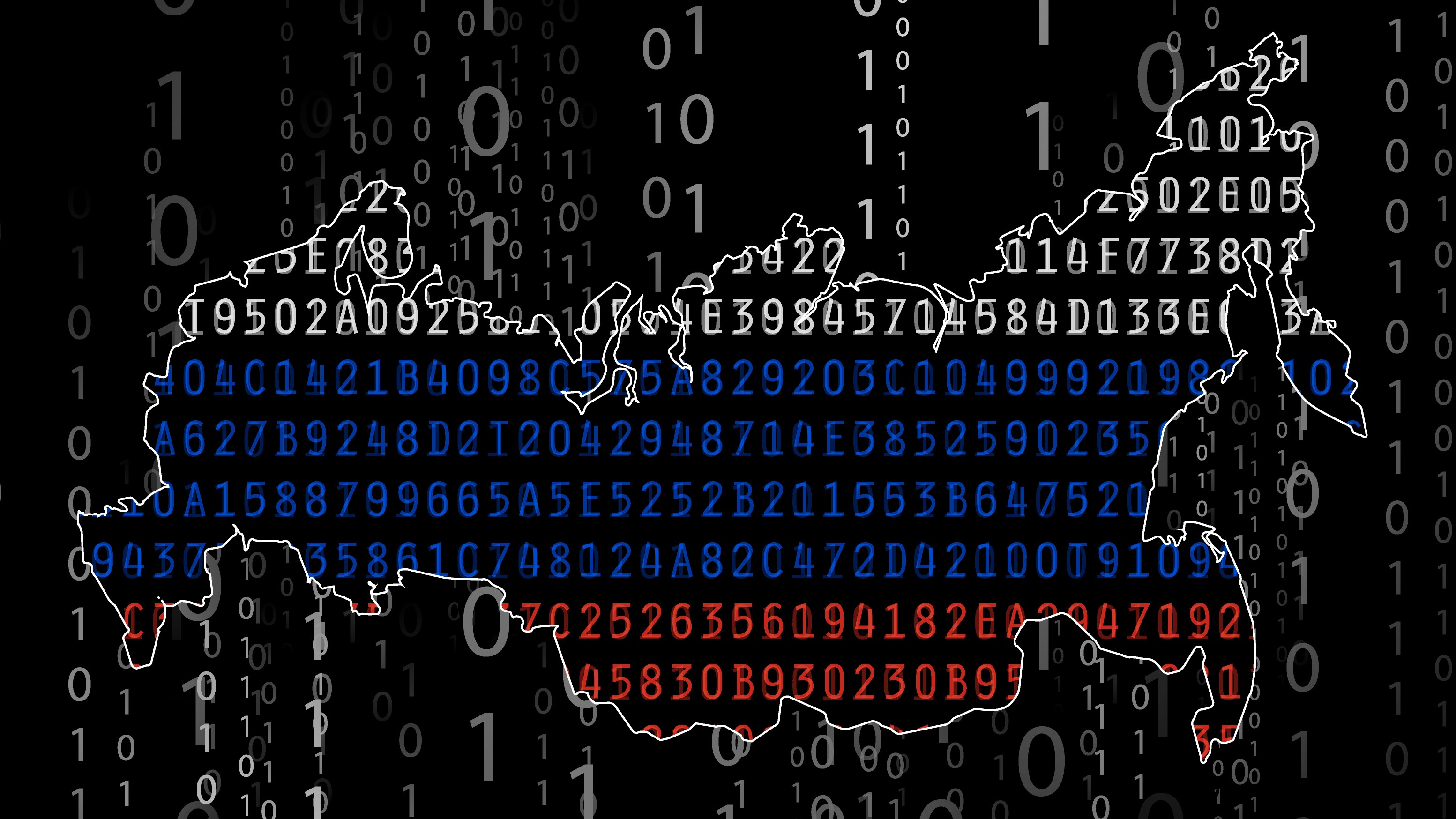Russian restrictions have been blocking access to Telegram and WhatsApp for months – here's what we know
VPN services have been a key tool for Russians trying to avoid state surveillance in the latest clampdown

A clampdown in Russia has made voice calls on both WhatsApp and Telegram either extremely difficult or impossible, with some regions, particularly in southern Russia, facing harsher restrictions on the apps.
Last week, the Russian communication and censorship body Roskomnadzor explained failures experienced by Russian users were due to work to "counter criminals".
Yet, other reports citing Russian industry sources also reported that the country's mobile operators received directives to restrict new user registrations on both Telegram and WhatsApp by blocking the SMS messages and voice calls required for verifying new accounts.
This is just the latest privacy-restricting move by the Russian government, which has also blocked access to Tuta and Proton Mail, plus Signal and other privacy and encryption-focused apps.
Using a VPN to access restricted content that the Russian government deems "extremist" is also the subject of a new law, which adds financial penalties for advertising VPN services.
The Russian government has been attempting to centralize communications through a chat app called MAX, which appears to be riddled with surveillance capabilities.
The app, which must be preinstalled on all new devices sold in Russia, appears to include extensive tracking capabilities, according to security researchers, and lacks encryption, allowing for easier surveillance.
VPNs, as tools that allow users to encrypt their traffic on their devices and circumvent state censorship, are also under fire.
While VPNs are still legal to use in Russia, a block on them appears to still be on the table, and the spread of information about them has been criminalized. Apple has removed over 60 VPN apps from its Russian app store, including the Russian VPN Amnezia.
VPNs: A vital tool for internet privacy
As Amnezia recently stated in a tweet, VPNs are a key solution for users in Russia who want to stay private and keep using their preferred messaging apps.
However, even accessing VPN services has become tougher for Russians in recent years, since many services have been banned, forcing these users to either change their App Store location or create new accounts in different regions.
Our advice to both Russian users and those who may be visiting the country is to use a VPN with obfuscated servers and strong encryption, such as Amnezia, Proton, or NordVPN, the latter of which unveiled an advanced anti-censorship VPN protocol earlier this year.
Ensure that your VPN of choice has a kill switch and that this option is enabled. It is also vital that users avoid Russian browsers, search engines, or other services to access or research anything that could be contentious.
You may also wish to consider paying for a VPN through more private payment methods, such as through cryptocurrency, rather than with your debit or credit card.
Free VPNs should be avoided unless they're from a trusted VPN, such as Proton VPN's free tier. We would recommend exploring our VPN reviews to discover the best VPN, whether you are based in Russia or elsewhere, as VPN restrictions are not limited to Russia. Several countries around the world either restrict or outright ban the use of VPNs, including Turkmenistan, Belarus, and Iraq.
Follow TechRadar on Google News and add us as a preferred source to get our expert news, reviews, and opinion in your feeds. Make sure to click the Follow button!
Sign up for breaking news, reviews, opinion, top tech deals, and more.

Freelance writer Joe Chivers has been playing games since the mid-90s, starting out on his brother’s old Amiga. Since then, he has played too many video games and thought too much about them, and has been published in The Guardian, PC Gamer, and Metro. Corner him in a pub and he’ll talk your ear off about why games are a legitimate form of artistic expression.
You must confirm your public display name before commenting
Please logout and then login again, you will then be prompted to enter your display name.